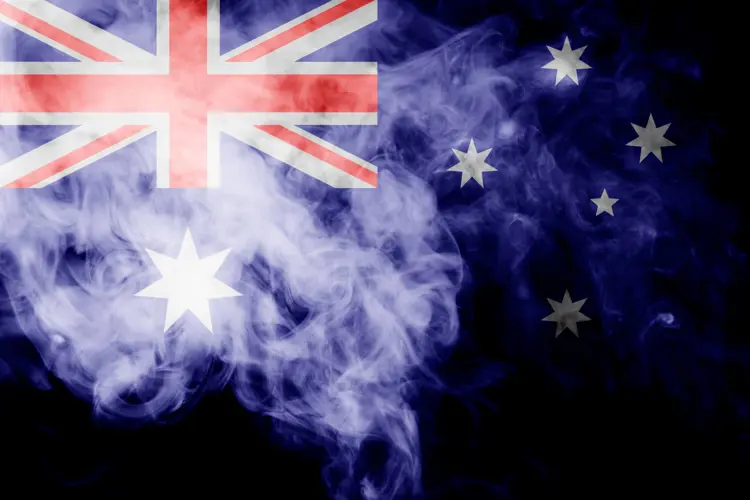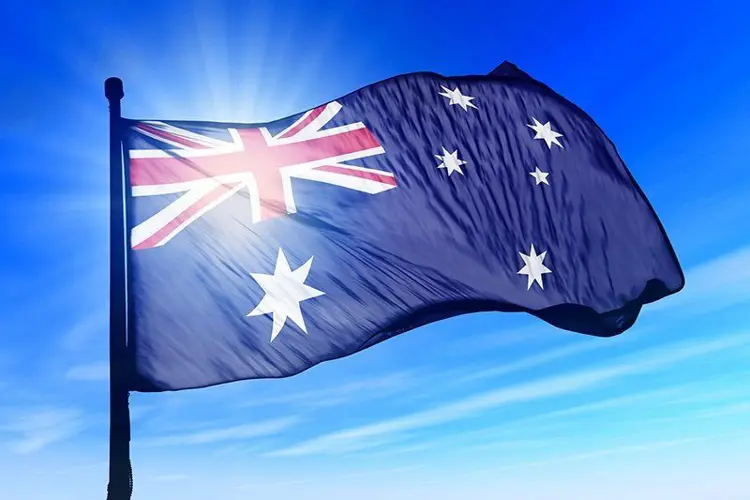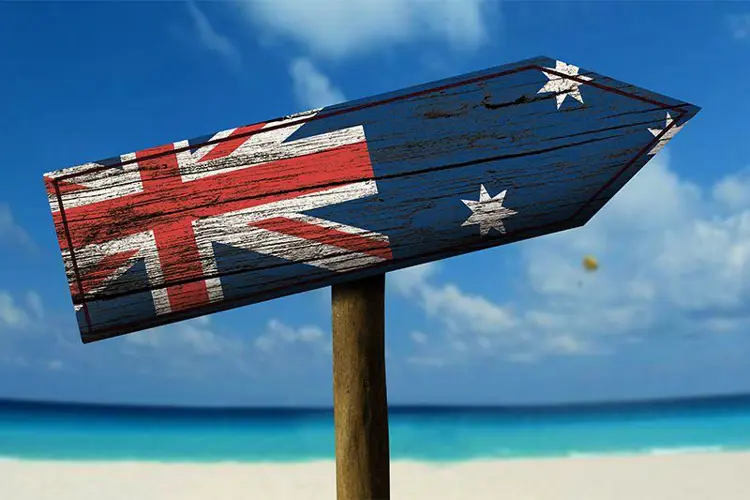After several months of review, the government of the United Arab Emirates has announced that it will lift its vape product sales ban. The first approved products are expected to be available in mid-April.
We reported last fall that the UAE regulatory agency Emirates Authority for Standardisation and Metrology (ESMA) was taking a second look at the rules that have been in place since a 2009 law banned sales. Possession and use of vapes is not illegal.
Sales will be legalized with standards in place for products, according to The National. Vapes will also carry health warnings similar to those on cigarette packages, and sales will probably be age-restricted like combustible products. Public use will be regulated exactly as it is for cigarettes, a Dubai health official told the Khaleej Times.
Countries in the Middle East were among the first to ban sales of vapes, and many still maintain restrictive laws.
Standards will be made public soon, and will also regulate importation, manufacture, distribution, and packaging. The regulations will be published as UAE.S 5030, according to Abu Dhabi World. In addition to vaping products and e-liquid, the regulations will cover heat-not-burn tobacco products like Philip Morris International’s IQOS device.
According to Abu Dhabi World, officials say the standards will reflect European and British regulations, which may mean a limit will be set for nicotine content. The EU Tobacco Products Directive (TPD) limits nicotine in e-liquid to 20 mg/mL, which makes small devices like cigalikes and pod vapes less effective and attractive to users.
The UAE is a federation of seven small monarchies on the Persian Gulf, bordering Saudi Arabia. The Emirates have a combined population of less than 10 million, but have the second largest economy in the Middle East (after Saudi Arabia), and control the seventh largest oil reserve in the world. Dubai and Abu Dhabi are the largest cities in the country.
Countries in the Middle East were among the first to ban sales of vapes, and many still maintain restrictive laws. Aside from the UAE, Bahrain, Brunei, Egypt, Iran, Jordan, Lebanon, Oman, Qatar, and Saudi Arabia maintain bans on sales of e-cigarettes. However, enforcement varies from country to country, and it can be difficult to get clear answers on what the laws actually say. Even in countries with strict sales bans, there is often a brisk underground vaping products market.
The Freemax REXA PRO and REXA SMART are highly advanced pod vapes, offering seemingly endless features, beautiful touchscreens, and new DUOMAX pods.
The OXVA XLIM Pro 2 DNA is powered by a custom-made Evolv DNA chipset, offering a Replay function and dry hit protection. Read our review to find out more.
The SKE Bar is a 2 mL replaceable pod vape with a 500 mAh battery, a 1.2-ohm mesh coil, and 35 flavors to choose from in 2% nicotine.
Because of declining cigarette sales, state governments in the U.S. and countries around the world are looking to vapor products as a new source of tax revenue.
The legal age to buy e-cigarettes and other vaping products varies around the world. The United States recently changed the legal minimum sales age to 21.
A list of vaping product flavor bans and online sales bans in the United States, and sales and possession bans in other countries.



















